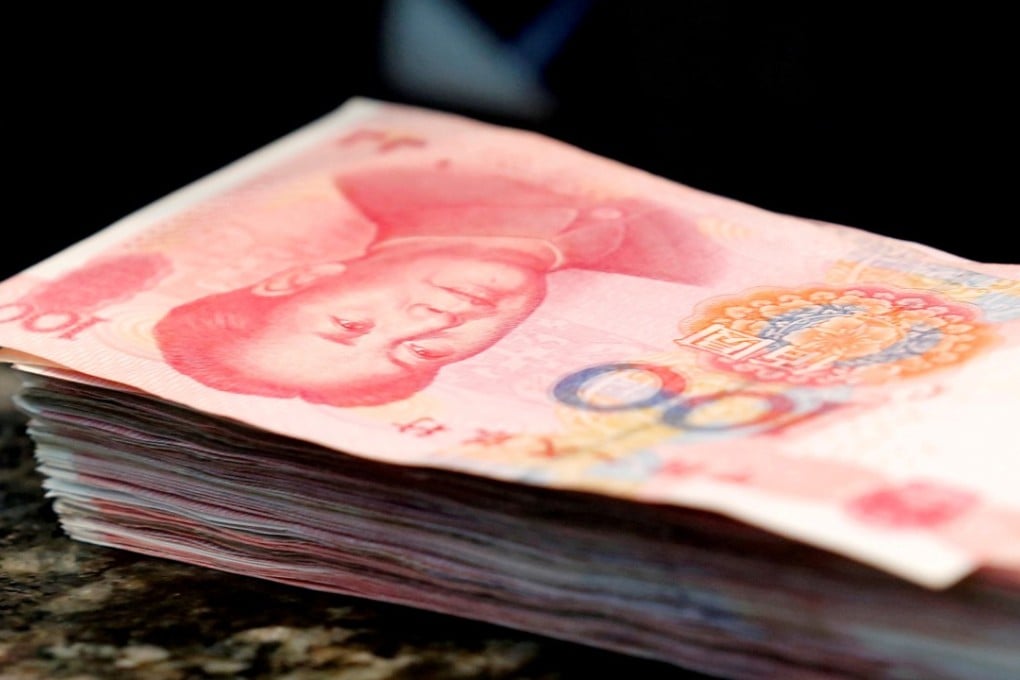At least half of China’s online lending platforms could close as regulatory clean-up bites
Concerned about the risks to financial stability, the authorities have brought in new rules and have given lenders until June 2018 to comply

At least half of mainland China’s online lending platforms are likely to shut down by the middle of next year when a regulatory crackdown on the once booming industry is set to wrap up, industry experts told a forum in Shanghai on Sunday.
Online lending has flourished in recent years in China as a way to provide credit to those who were underserved by the traditional banks. Its rapid growth, however, brought a spate of high-profile scams, prompting a regulatory crackdown that began last year.
Michael Xu, founder of wdzj.com, an online data provider monitoring the industry in China, said that only several hundred online lending platforms could still be in business after the crackdown ends in June next year, down sharply from the 1,954 operating as of the end of November, according to wdzji.com data.
“The future of the industry depends on whether and how it can support the real economy,” said Xu, during the 2017 Internet Finance Summit Forum in Shanghai on Sunday, noting that if platforms could provide credit to support the real economy and real financing needs, they would get support from regulators to grow.
Before 2016, online lending platforms were unregulated, but in the summer of that year the authorities introduced the first framework. This year, they further tightened scrutiny over online lending after new problems surfaced, including a surge in cash loans, which are unsecured, short-term micro cash advances offered to individuals who did not need to give reasons for the borrowing.
Under the latest requirements, online lending platforms have to make sure they are not involved with cash loans, and must appoint an authorised custodian bank before the end of June 2018 to remain in operation. In November, meanwhile, the central bank suspended the issue of licences for new online platforms.